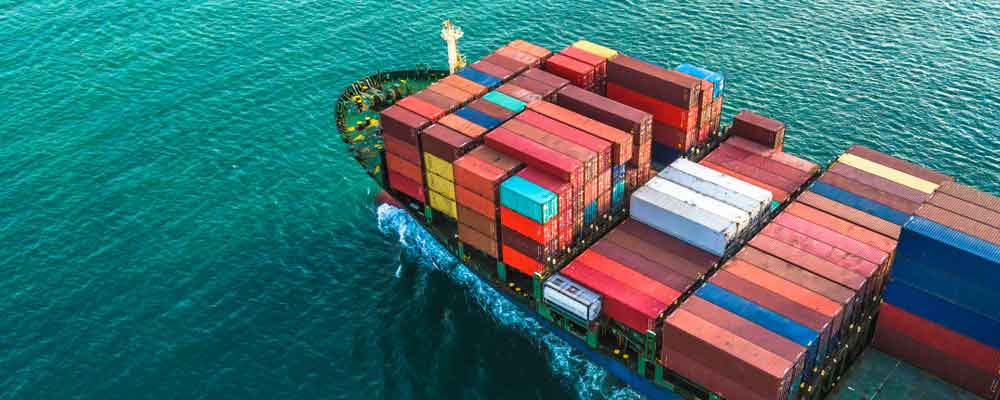“No, no, no!”
I looked up at the frantic gas station clerk rushing over.
He snatched the pump from my hands and shoved his finger at a gas station across the street. His English ended at “no,” but I could understand what he was saying.
I was in Thailand, and had decided to rent a motorcycle to get around. Beyond almost killing myself learning how to drive on the other side of the road, I revealed my ignorance at the pump.
In Thailand, they have a lot more options for fuel. Gasoline, diesel, biofuel, natural gas … and liquid propane.
The Thai clerk saved me from trying to fill my gas tank with propane.
Soon, ships are going to have a lot more options at the pump, too.
Changing Course
The International Maritime Organization, the U.N.’s governing body for all things maritime, is forcing out the high-sulfur bunker fuel that ships ran on for the better part of a century.
Bunker fuel is like oil. It is so sludgy that it needs to be heated before it can be used.
Current bunker fuel contains about 3.5% sulfur. The new regulations slated to take effect in 2020 cap fuel at 0.5% sulfur.
There are a few options for shipowners.
- Switch to low-sulfur fuel.
- Add scrubbers to remove excess sulfur.
- Switch to alternate fuels like liquefied natural gas (LNG).
I first wrote about this shift in May. At the time there were a lot of questions about which route the industry would take.
The data is beginning to show trends now.
There are approximately 60,000 ships in operation today. Shipowners ordered scrubber units for nearly 1,000. In contrast, Reuters reported only 125 LNG ships currently in use.
But don’t count LNG out yet.
The Mediterranean’s largest fuel port, Gibraltar, is installing an LNG fueling station.
Orders for LNG ships is on the rise, with an estimated 1% of all ships using it by 2020. By 2050, LNG could account for a third of all marine fuel use.
To profit from the shift to LNG in shipping, consider investing in major LNG suppliers like Royal Dutch Shell (Nasdaq: RDS.A) and Cheniere Energy Inc. (NYSE: LNG).
Shell is helping to build the LNG systems at the Gibraltar port. Cheniere operates an LNG export terminal along the Gulf of Mexico.
Good investing,
Anthony Planas
Internal Analyst, Banyan Hill Publishing
